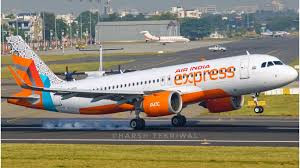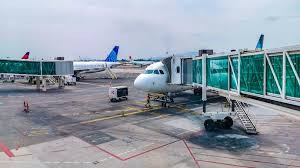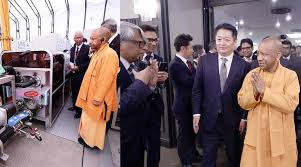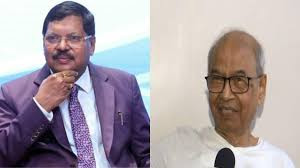India Celebrates Second Human in Space: Shubhanshu Shukla Embarks on Axiom-4 Mission
IIE DIGITAL DESK : June 26, 2025, History-makers gathered at Florida’s Kennedy Space Center as the SpaceX Falcon 9, carrying the Crew Dragon spacecraft “Grace,” launched the Axiom Mission 4 (Ax-4)—a milestone-rich voyage that sees Group Captain Shubhanshu Shukla become the first Indian citizen aboard the International Space Station (ISS) in over four decades.
Shukla joins a distinguished crew including veteran NASA astronaut Peggy Whitson, who commands the mission, alongside Sławosz Uznański‑Wiśniewski from Poland and Tibor Kapu from Hungary—each representing their nations’ inaugural missions to the ISS.
Shubhanshu Shukla, hailing from Lucknow and a recipient of a Computer Science degree from the National Defence Academy in 2005, was commissioned into the Indian Air Force in 2006. As a test pilot, he accumulated over 2,000 flight hours across multiple fighter jets before his selection in 2019 for astronaut training with ISRO and subsequent training in Russia and Bengaluru .
Moments after liftoff, Shukla spoke of his mission’s profound importance, saying, “This is not the start of my journey but the start of India's human space …”—a line that echoes his conviction that this mission marks a transformational moment for Indian space ambitions .
His departure underscores India’s intensified focus on manned spaceflight, kickstarted by delays to the Gaganyaan mission but reignited through new commercial partnerships and global collaboration.
Over the course of approximately 14 days, the Ax‑4 crew will perform 60 scientific experiments on microgravity, human physiology, Earth observation, and biology—including crop cultivation experiments with Indian staples like methi (fenugreek) and moong dal, as well as studies on tardigrades and muscle degeneration .
NASA and ISRO officials note this initiative supports India's upcoming Gaganyaan mission in 2027 and prepares the country for longer-term objectives, such as establishing its own Bharatiya Antariksha Station by 2035 .
Prime Minister Narendra Modi stated that Shukla “carries with him the wishes, hopes and aspirations of 1.4 billion Indians,” highlighting a national moment of pride .Meanwhile, Chief Minister Yogi Adityanath of Uttar Pradesh lauded Shukla’s selection as an Indian Air Force pilot and hailed it as a validation of Modi’s leadership in elevating India’s scientific prestige
Back on Earth, Shukla’s emotional send‑off included a heartfelt message to his wife—posted on social media—stating, “Without you, none of this would matter,” underscoring the personal dimension of this historic mission
This mission also represents a strategic shift—both for the commercialization of space and for India's emerging role in that ecosystem. Arranged by Houston‑based Axiom Space and flown on SpaceX’s Crew Dragon, Ax‑4 exemplifies how private enterprise and national agencies, including NASA and ISRO, are redefining access to low Earth orbit .
Additionally, the research conducted aboard may impact life on Earth—biomedical studies on insulin performance and diabetes in microgravity could have implications for healthcare advancements.
As the Dragon capsule gracefully docks at the ISS’s Harmony port today, the world watches with anticipation of spacewalks, scientific discovery, and collaboration. For India, Shukla’s mission is more than a flight—it’s the embodiment of decades-long aspirations reaching fruition.
With the first Gaganyaan crewed mission scheduled for 2027, Shukla’s journey serves as a crucial stepping stone—demonstrating capability, cooperation, and courage on a global stage.
You might also like!


























